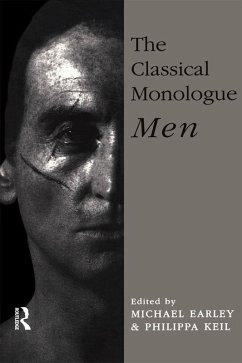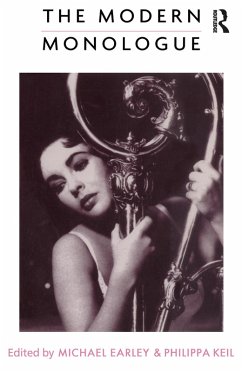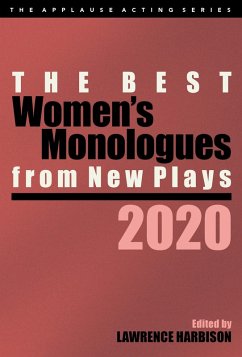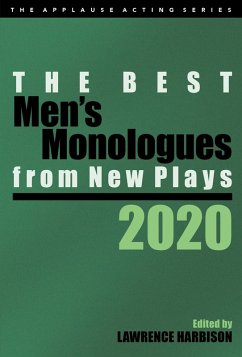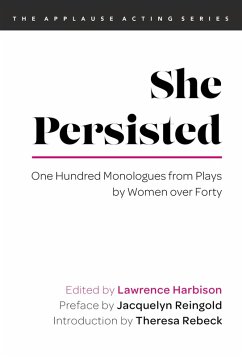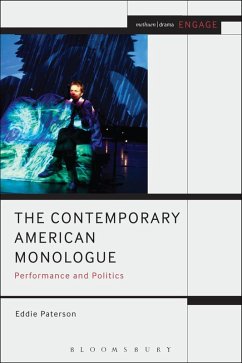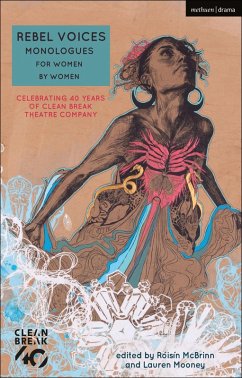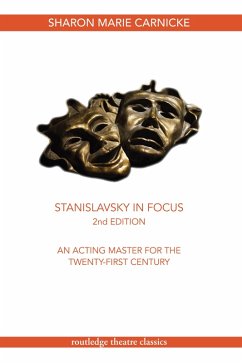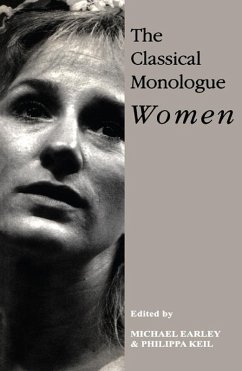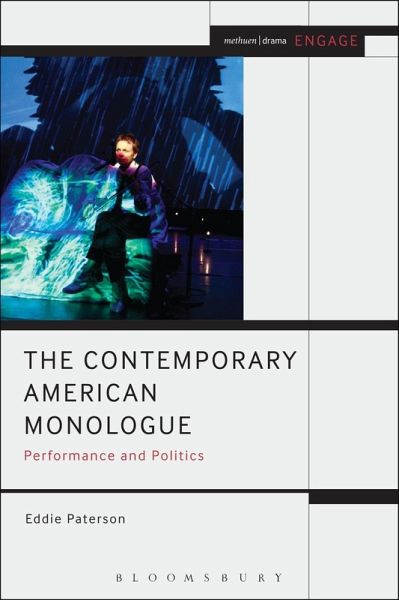
The Contemporary American Monologue (eBook, PDF)
Performance and Politics
Versandkostenfrei!
Sofort per Download lieferbar
22,95 €
inkl. MwSt.
Weitere Ausgaben:

PAYBACK Punkte
11 °P sammeln!
Talk-show confessions, online rants, stand-up routines, inspirational speeches, banal reflections and calls to arms: we live in an age of solo voices demanding to be heard. In The Contemporary American Monologue Eddie Paterson looks at the pioneering work of US artists Spalding Gray, Laurie Anderson, Anna Deavere Smith and Karen Finley, and the development of solo performance in the US as a method of cultural and political critique. Ironic confession, post-punk poetry, investigations of race and violence, and subversive polemic, this book reveals the link between the rise of radical monologue ...
Talk-show confessions, online rants, stand-up routines, inspirational speeches, banal reflections and calls to arms: we live in an age of solo voices demanding to be heard. In The Contemporary American Monologue Eddie Paterson looks at the pioneering work of US artists Spalding Gray, Laurie Anderson, Anna Deavere Smith and Karen Finley, and the development of solo performance in the US as a method of cultural and political critique. Ironic confession, post-punk poetry, investigations of race and violence, and subversive polemic, this book reveals the link between the rise of radical monologue in the late 20th century and history of speechmaking, politics, civil rights, individual freedom and the American Dream in the United States. It shows how US artists are speaking back to the cultural, political and economic forces that shape the world. Eddie Paterson traces the importance of the monologue in Shakespeare, Brecht, Beckett, Chekov, Pinter, O'Neill and Williams, before offering a comprehensive analysis of several of the most influential and innovative American practitioners of monologue performance. The Contemporary American Monologue constitutes the first book-length account of US monologists that links the tradition of oratory and speechmaking in the colony to the appearance of solo performance as a distinctly American phenomenon.




